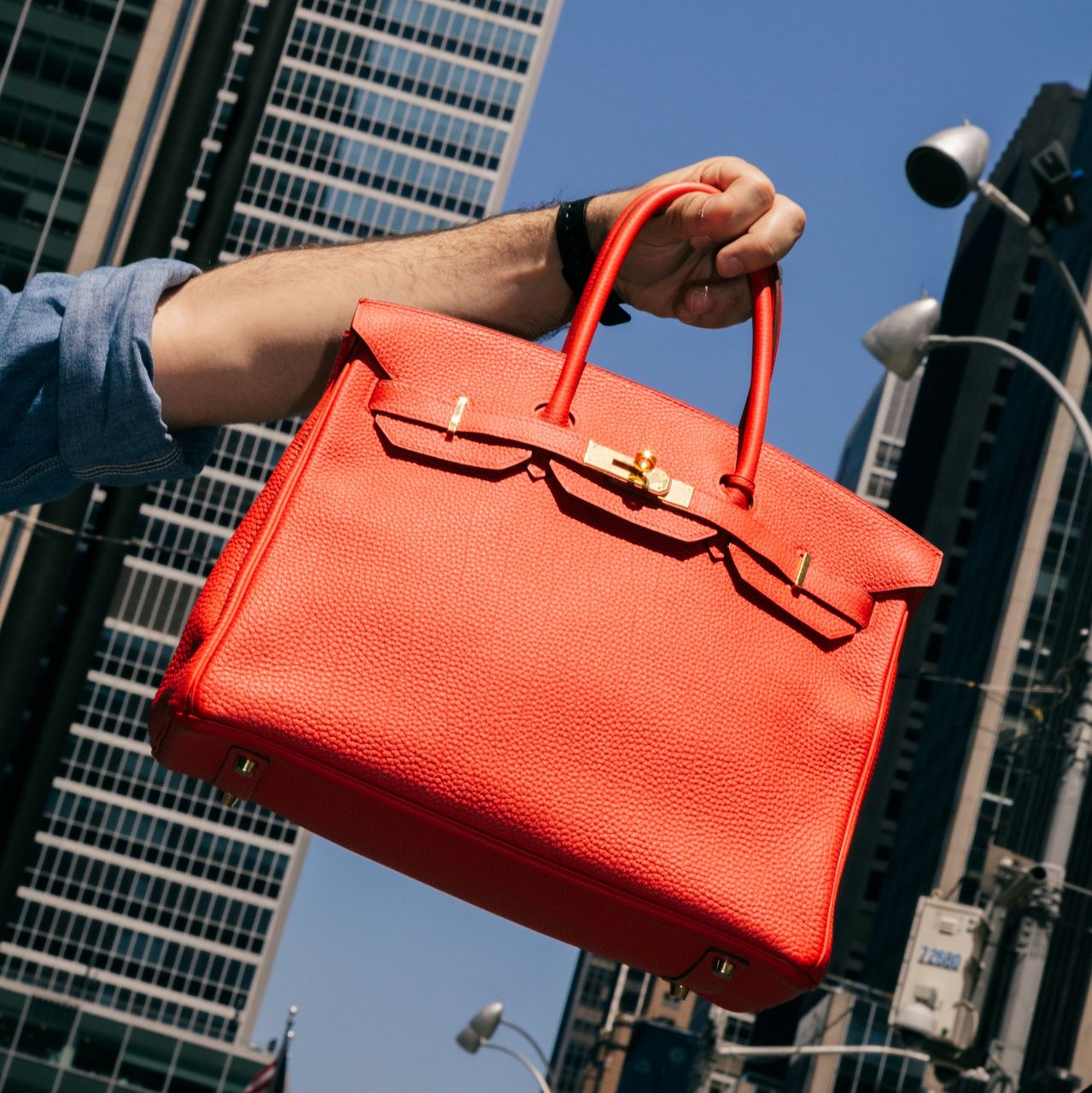Australian Consumer Confidence Drops To Recessionary Levels
The percentage of respondents who expect good times for the economy over the next five years dropped to 10%.
Australian consumer confidence dropped 7.6% last week to the lowest levels since the economy experienced a damaging recession at the start of the 1990s, according to a survey by ANZ Bank and pollster Roy Morgan.
ANZ head of Australian economics David Plank said news of a 50 basis-point rise in official interest rates by the Reserve Bank of Australia last week surprised many and sharply dented confidence.
Confidence is at its lowest since early April 2020, during the early stages of the Covid-19 pandemic. Outside of the pandemic, consumer confidence hasn’t been this low since January 1991, the midst of the early 1990s recession, Mr Plank added.
Reflecting the dire state of sentiment, the percentage of respondents who expect good times for the economy over the next five years dropped to 10%, its lowest level on record, he said.
So far this year household spending has been resilient despite the softness in consumer confidence. The RBA, for one, will be looking closely to see whether this divergence can continue, Mr Plank added.
Weekly inflation expectations decreased 0.1 percentage point to 5.6%, while its four-week moving average was unchanged at 5.5%, the survey showed.
Sentiment around current financial conditions dropped 1.0%, while future financial conditions fell 10.1%. Current economic conditions declined 7.2% after a 9.4% loss the week before. Future economic conditions were down 4.6%, according to the survey.
Consumers also reported a 14.4% drop in their willingness to buy a major household item.
The weekly ANZ-Roy Morgan Australian Consumer Confidence Rating is based on 1,454 interviews conducted online and over the telephone during the week to Sunday.
Reprinted by permission of The Wall Street Journal, Copyright 2021 Dow Jones & Company. Inc. All Rights Reserved Worldwide. Original date of publication: June 15, 2022.
 Copyright 2020, Dow Jones & Company, Inc. All Rights Reserved Worldwide. LEARN MORE
Copyright 2020, Dow Jones & Company, Inc. All Rights Reserved Worldwide. LEARN MORE
This stylish family home combines a classic palette and finishes with a flexible floorplan
Just 55 minutes from Sydney, make this your creative getaway located in the majestic Hawkesbury region.
Continued stagflation and cost of living pressures are causing couples to think twice about starting a family, new data has revealed, with long term impacts expected
Australia is in the midst of a ‘baby recession’ with preliminary estimates showing the number of births in 2023 fell by more than four percent to the lowest level since 2006, according to KPMG. The consultancy firm says this reflects the impact of cost-of-living pressures on the feasibility of younger Australians starting a family.
KPMG estimates that 289,100 babies were born in 2023. This compares to 300,684 babies in 2022 and 309,996 in 2021, according to the Australian Bureau of Statistics (ABS). KPMG urban economist Terry Rawnsley said weak economic growth often leads to a reduced number of births. In 2023, ABS data shows gross domestic product (GDP) fell to 1.5 percent. Despite the population growing by 2.5 percent in 2023, GDP on a per capita basis went into negative territory, down one percent over the 12 months.
“Birth rates provide insight into long-term population growth as well as the current confidence of Australian families,” said Mr Rawnsley. “We haven’t seen such a sharp drop in births in Australia since the period of economic stagflation in the 1970s, which coincided with the initial widespread adoption of the contraceptive pill.”
Mr Rawnsley said many Australian couples delayed starting a family while the pandemic played out in 2020. The number of births fell from 305,832 in 2019 to 294,369 in 2020. Then in 2021, strong employment and vast amounts of stimulus money, along with high household savings due to lockdowns, gave couples better financial means to have a baby. This led to a rebound in births.
However, the re-opening of the global economy in 2022 led to soaring inflation. By the start of 2023, the Australian consumer price index (CPI) had risen to its highest level since 1990 at 7.8 percent per annum. By that stage, the Reserve Bank had already commenced an aggressive rate-hiking strategy to fight inflation and had raised the cash rate every month between May and December 2022.
Five more rate hikes during 2023 put further pressure on couples with mortgages and put the brakes on family formation. “This combination of the pandemic and rapid economic changes explains the spike and subsequent sharp decline in birth rates we have observed over the past four years,” Mr Rawnsley said.
The impact of high costs of living on couples’ decision to have a baby is highlighted in births data for the capital cities. KPMG estimates there were 60,860 births in Sydney in 2023, down 8.6 percent from 2019. There were 56,270 births in Melbourne, down 7.3 percent. In Perth, there were 25,020 births, down 6 percent, while in Brisbane there were 30,250 births, down 4.3 percent. Canberra was the only capital city where there was no fall in the number of births in 2023 compared to 2019.
“CPI growth in Canberra has been slightly subdued compared to that in other major cities, and the economic outlook has remained strong,” Mr Rawnsley said. “This means families have not been hurting as much as those in other capital cities, and in turn, we’ve seen a stabilisation of births in the ACT.”
This stylish family home combines a classic palette and finishes with a flexible floorplan
Just 55 minutes from Sydney, make this your creative getaway located in the majestic Hawkesbury region.






















